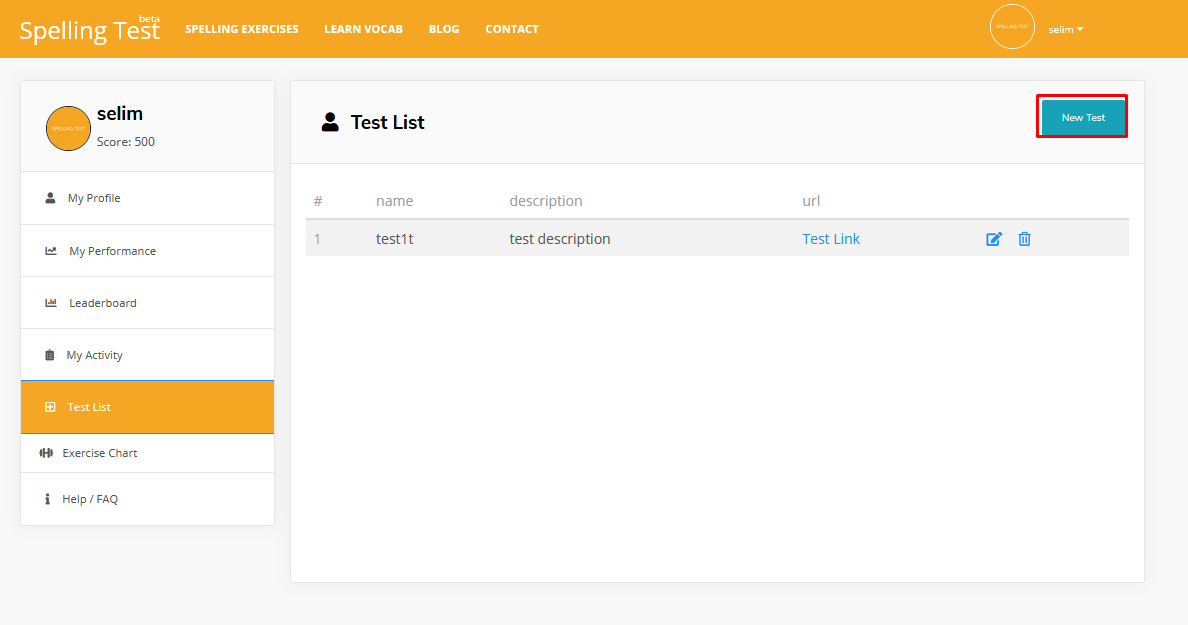-
How to learn reading by watching movies. Tapping in DVD’s technology to learn a language.
In previous posts, I made the point that movies can be useful tools for language learning, and in particular, I described how reciting movies can be used to improve speaking skills in the target language. In this post, I want to describe another way to use movies to improve another aspect of learning a language: the ability to read.…
-
Learning to love the plateau – why sometimes being patient does pay off
“It is few months that I don’t make any progress, I have reached a plateau”. This is a classic sentence from a language learner, who is losing motivation to learn since he doesn’t see any progress. The linear model of learning One of the biggest assumptions made by people that are learning a new practical…
-
How do you learn writing German without (over)studying grammar?
I don’t like grammar. Actually I made a point about learning a language without studying the grammar or at least by dedicating to it a very small percentage of my learning time, as I believe that people can learn a lot of grammar without deliberately studying it but simply by exposure to what it is correct and what is…
-
Reciting movies to learn a language
In this post, I introduce a technique I am using to learn German while looking at movies. The technique forces me to be less passive than when looking at a movie just for entertainment. Why do I want to force me to be less passive? Well, as I explained in previous posts active learning can help…
-
How to create your own spelling tests easily?

Hello English teachers! 🙂 In this blog post, we have prepared a guide for creating your own spelling tests on the spelling-test.com. Some of you already know that since 2019 we have worked really hard to make this product better. We just released a couple of new features, but this was one of the most…
-
Environmental support for language learning: comparing children and adults
I recently stumbled upon an academic article on how reading books fosters language development around the world. In the article the authors list the ideal environment to foster language acquisition in children, or in the words of the authors the ideal “environmental support for language learning”, these are: Children need to hear many words often Children…
-
How to quickly gain some basic knowledge in an unwritten indigenous language
n these weeks I am conducting field research in indigenous villages in the Amazon and, while I am not aiming to get fluent in the local indigenous language (I am working with bilingual translators and my research is short-term) I am very aware that any population appreciates when foreigners make some effort to learn few basic sentences…
-
Learnable intelligence and how it relates to language acquisition
One of the key factors to learn something is to believe that you can learn it. Unfortunately, there is a widespread assumption that in many domains talent is essential to become successful. in this post I try to answer the following questions: Is intelligence genetically determined or can be learned? How this relates to (second)…
-
Knowing grammar without studying it: an emergent property of language acquisition?
As children we learn our native language without studying grammar (Sure, later at school we are forced to learn grammar but this happens when we are already fluent). We speak the language in a way that (mostly) follows grammar rules without knowing them, how is this possible? how is possible that we learn grammar without…
-
My 3 most important language-learning strategies of 2020
In this post, I want to share the 3 most important strategies I learned in 2020 about language learning. I learned to value these strategies because I empirically tested them and found that they have improved substantially my learning process. I think these are strategies that can be useful to any language learner. 1: Take…
